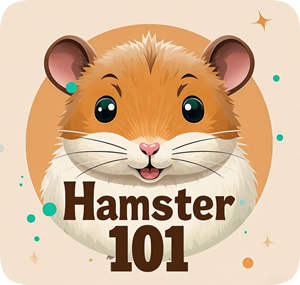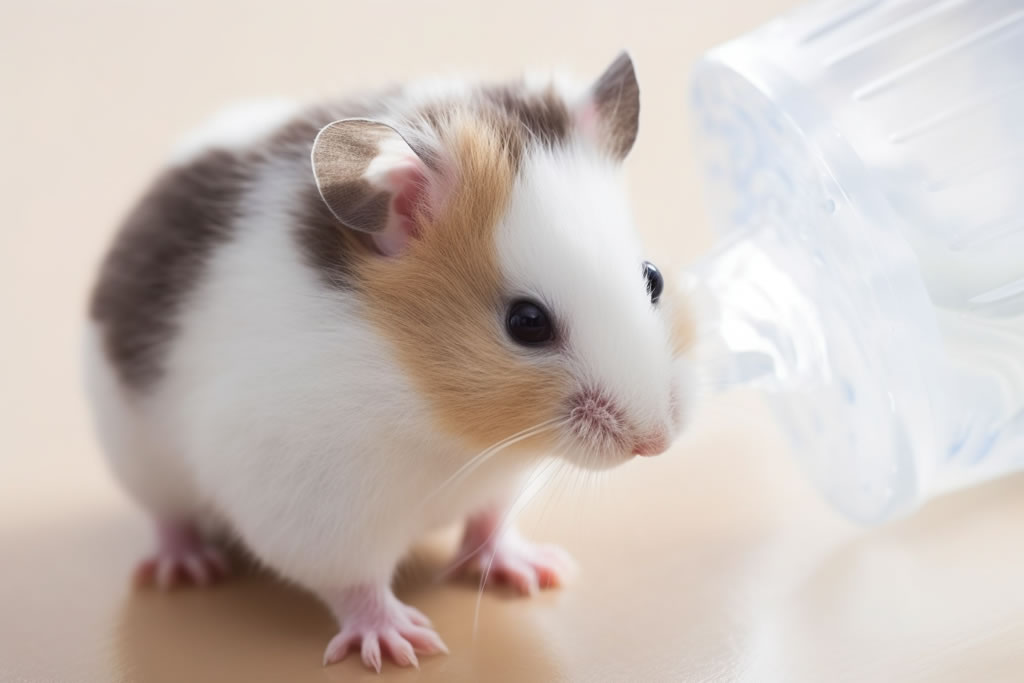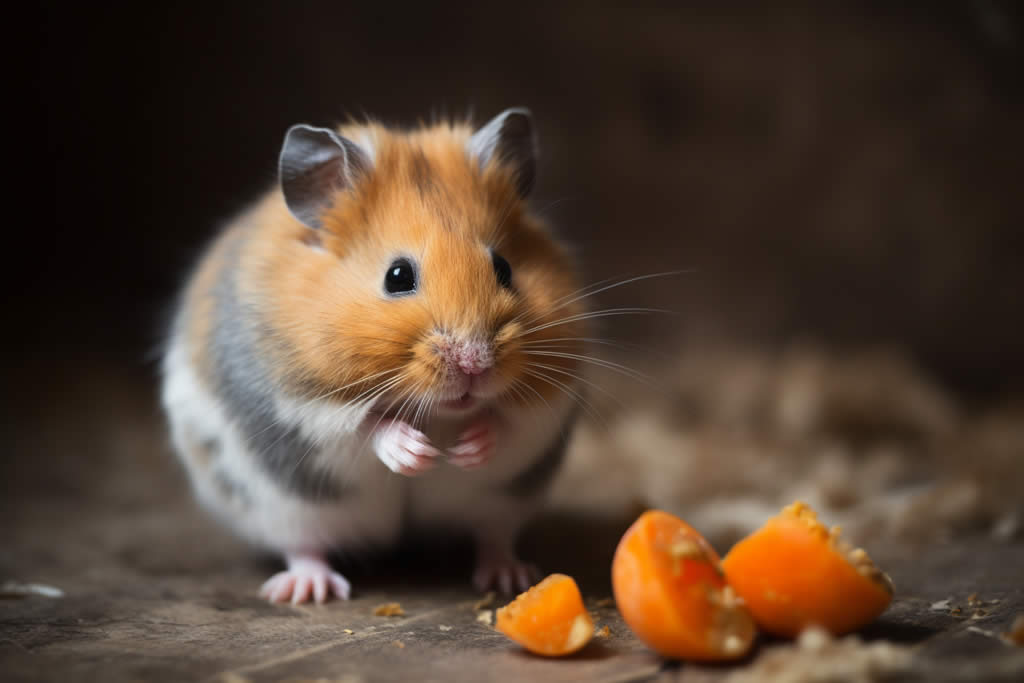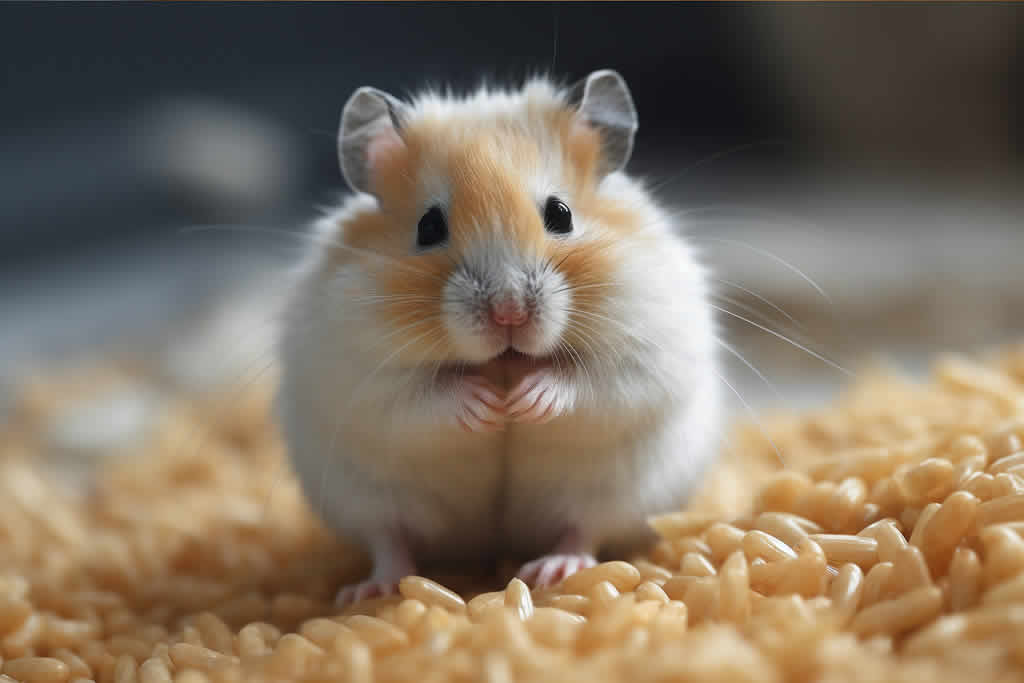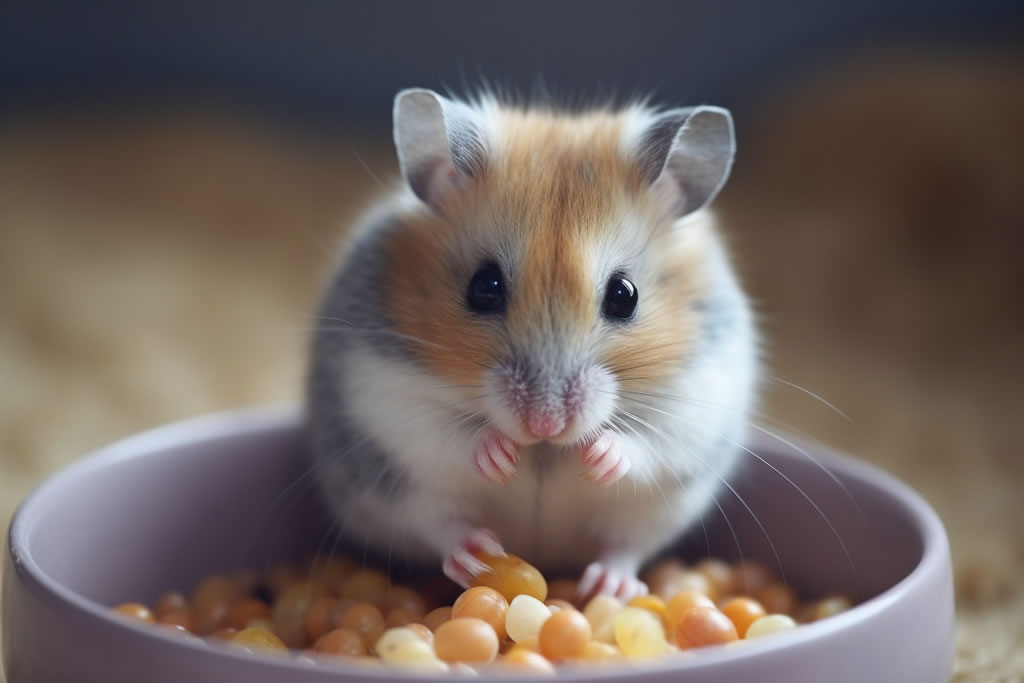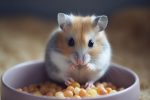Let’s cut straight to the chase: No, baby hamsters cannot drink cow’s milk—or any dairy milk, for that matter. But wait, before you panic about that orphaned pup you’re trying to save, let’s dive into the why, the what-ifs, and the lifesaving alternatives. I’ve hand-reared three litters of hamster pups (and made every mistake possible), so let’s get real about milk, hamsters, and what actually works.
Why Dairy Milk is a Disaster for Baby Hamsters
First, biology 101: hamsters are lactose intolerant after weaning—yes, even babies. While mama hamster’s milk is perfectly tailored for them, cow’s/goat’s milk is a recipe for:
- Explosive diarrhea: Their tiny guts can’t process lactose. I learned this the hard way with a pup named Peanut. Spoiler: It involved hourly cage cleanings.
- Dehydration: Diarrhea drains fluids faster than they can drink.
- Malnutrition: Dairy milk lacks the fat/protein balance hamster pups need.
But what if the mom is gone? Don’t fret—there are safe alternatives (more on that below).
The Golden Rule: Never Separate Pups Too Early
If the mama hamster is still around, leave the babies with her—even if she seems neglectful at first. Hamster moms often stash pups and return later. Interfering too soon can cause her to reject them entirely.
Only intervene if:
- The pups are cold/limp.
- Mama is visibly injured or dead.
- 24+ hours pass with no feeding (you’ll see a visible “milk band” in their bellies if fed).
Safe Milk Substitutes: What Actually Works
When hand-rearing is necessary, use these vet-approved options:
- Kitten Milk Replacer (KMR):
- Why: Closest to hamster milk in nutrients.
- How: Mix 1 part powder to 2 parts warm water. Feed with a tiny syringe (1mL) or paintbrush.
- Brands: PetAg or Royal Canin are best.
- Goat’s Milk Formula:
- Why: Lower lactose than cow’s milk.
- How: Use fresh, unpasteurized goat’s milk (avoid store-bought—it’s processed!).
- Emergency DIY Mix (use only for 24-48 hours):
- 3 parts goat’s milk
- 1 part plain, unsweetened coconut water (for electrolytes)
- 1 drop corn syrup (for glucose)
⚠️ Never Use:
- Cow’s milk, soy milk, almond milk, or baby formula (too sugary!).
Feeding 101: How to Hand-Rear a Baby Hamster
Gear You’ll Need:
- 1mL syringe or soft-tip paintbrush
- Heating pad (set to low, under half the cage)
- Digital kitchen scale (weigh daily!)
Step-by-Step:
- Warm the Pup: Place them on a heating pad wrapped in a towel. Cold pups can’t digest food.
- Feed Slowly: 0.1-0.3mL per feeding, every 1-2 hours (yes, even at 3 AM—parenting is rough!).
- Stimulate Pooping: Gently rub their lower belly with a warm cotton ball after eating (mama licks them to do this).
- Track Weight: Pups should gain 1-2 grams daily. No gain? Vet ASAP.
Pro Tip: Keep a feeding log—time, amount, weight. Trust me, sleep-deprived you will forget.
When to Transition to Solids
At 12-14 days old, pups start nibbling solids. Introduce:
- Crushed pellets: Soak in KMR until mushy.
- Oatmeal: Instant oats + water, cooled.
- Finely grated veggies: Carrot or broccoli dust.
By 3 weeks, they should be weaned. But keep offering formula until they’re steadily gaining weight.
Horror Stories (Learn From My Mistakes!)
- Overfeeding: Syringe-fed too fast? Milk can enter their lungs. Always let them suckle at their pace.
- Wrong Temperature: Cold formula = bloating. Test drops on your wrist—should feel lukewarm.
- Skipping Night Feedings: Pups under 2 weeks can’t survive 8 hours without food. Set alarms. Rotate with a buddy if possible.
FAQs From Panicked Hamster Owners
Q: My pup ate a drop of cow’s milk. Will they die?
A: Probably not, but watch for diarrhea. Switch to KMR immediately.
Q: Can I use puppy formula instead?
A: No—higher fat content can cause liver issues.
Q: How do I know if they’re dehydrated?
A: Pinch their scruff. If it doesn’t snap back, they’re dehydrated. Offer unflavored Pedialyte via syringe.
Q: Where can I buy KMR fast?
A: Most 24-hour pet stores (Petco, Petsmart) or Amazon Prime.
The Bottom Line
Hand-rearing baby hamsters is exhausting but rewarding. I’ve pulled all-nighters, cried over failed feedings, and celebrated when a pup finally opened its eyes. Stick to vet-approved formulas, prioritize warmth, and never, ever guess—when in doubt, call an exotic vet.
You’ve got this, hamster hero. And hey—share your story below. How’s your tiny survivor doing? 🐹💕
